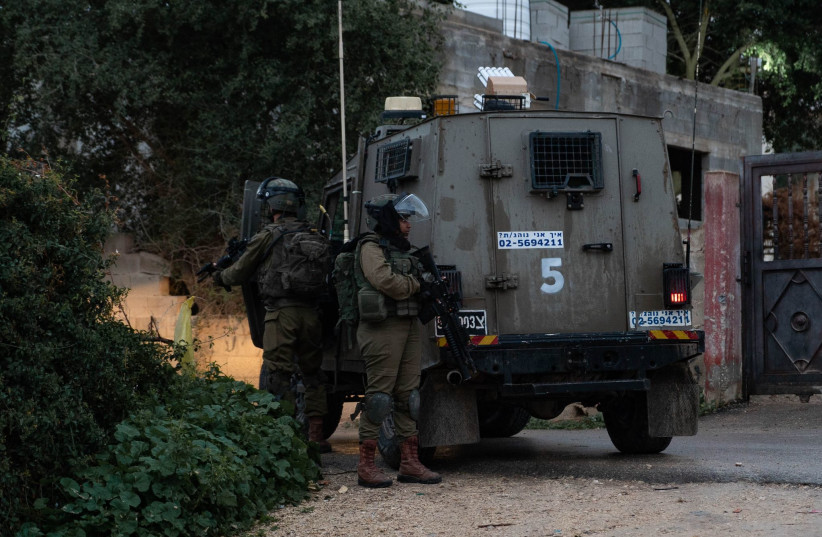RE: Who Are The Palestinians " III "
SUBTOPIC: Confusion
※→ P F Tinmore, et al,
(REFERENCE)
◈
Aggression: This term first acquired technical signifi cance by reason of the stipulation of art. 10 of the Covenant of the League of Nations that members undertook ‘to respect and preserve as against external aggression the territorial integrity and existing political independence of all Members’. It was adopted by the U.N. Charter, art. 1(1) specifying as a fi rst purpose of the Organization ‘[t]o maintain international peace and security, and to that end: to take effective measures for the prevention and removal of threats to the peace, and for the suppression of acts of aggression and other breaches of the peace’; and art. 39 providing that ‘[t]he Security Council shall determine the existence of any threat to the peace, breach of the peace or act of aggression and shall make recommendations or decide what measures shall be taken … to maintain or restore international peace and security’.
SOURCE: Parry & Grant encyclopaedic dictionary of international law / John P. Grant and J. Craig Barker. -- 3rd ed. Copyright ˝ 2009 by Oxford University Press, Inc. Published by Oxford University Press, Inc. 198 Madison Avenue, New York, New York 10016
pg 18
◈
Colonial Protectorate: This institution arose from the provisions of art. 34 of the General Act of the Berlin Conference respecting the Congo of 26 February 1885...
SOURCE: Parry & Grant encyclopaedic dictionary of international law / John P. Grant and J. Craig Barker. -- 3rd ed. Copyright ˝ 2009 by Oxford University Press, Inc. Published by Oxford University Press, Inc. 198 Madison Avenue, New York, New York 10016
pg 107
◈
Colony: The term ‘colony’ is one of municipal or constitutional rather than international
law. As such, its exact signifi cance may vary from municipal system to municipal system.
Thus, the British Interpretation Act 1889 excluded from the expression, not only any part of
the British Islands (which include the Channel Islands and the Isle of Man), but also British India. For historical reasons, the term has been eschewed in the United States’ constitutional law and practice. But the word, generally understood as connoting any non-metropolitan territory of a State, is occasionally employed in instruments of international legal import; e.g., the provision of art. 1(2) of the Covenant of the League of Nations for the availability of membership to ‘any fully self-governing State, Dominion or Colony’, General
Assembly Res. 1514 (XV) of 14 December 1960 , styled a Declaration on the Granting of
Independence to Colonial Countries and Peoples, and the Friendly Relations Declaration
(General Assembly Res. 2625 (XXV) of 24 October 1970 ), ‘The principle of equal rights
and self-determination’ of which refers to colonialism.
SOURCE: Parry & Grant encyclopaedic dictionary of international law / John P. Grant and J. Craig Barker. -- 3rd ed. Copyright ˝ 2009 by Oxford University Press, Inc. Published by Oxford University Press, Inc. 198 Madison Avenue, New York, New York 10016
pg 107
(COMMENT)
In 1966, when the Palestine Liberation Organization (PLO) was formed, the territory that was formerly under the British Mandate washeld by three parties: Israel, Jordan and Egypt. There was no portion of the territory that was under a provisonal government called "Palestine." When Egypt and Jordan withdrew from the respective portions of the territroy, what remained was (absent any other political body of government) Israeli control. The moment that Egypt and then Jordan abandon their holdings, those portions came under Israeli control; being the only formed government in those areas of territory. Hence, Israel did not act aggressively against any "Palestinian" people, nation, state, or another form of the Palestinian government. The Office of the Deputy Secretary General for Legal Affairs wrote a memorandum to that effect.
(∑)
Your allegation is without merit.
.
(COMMENT)
No one made that claim.
You are making a bogus argument.
The Special Provisions concerning Area "C" still apply.
(∑)
Your suggestion that the transfer of sovereignty made some significant difference in favor of the Hostile Arab Palestinian is simply fallacious.
If it was as simple as you claim it to be, the dispute would have been resoved a half-century ago.
(SIDEBAR)
It is my opinion that people like yourself, who continuously make the that hostile activity is somehow legal under your interpretation of events is a criminal violation of International Law:
Article 20 International Covenant on Civil and Political Rights
1. Any propaganda for war shall be prohibited by law.
2. Any advocacy of national, racial or religious hatred that constitutes incitement to discrimination, hostility or violence shall be prohibited by law.
Most Respectfully,
R






